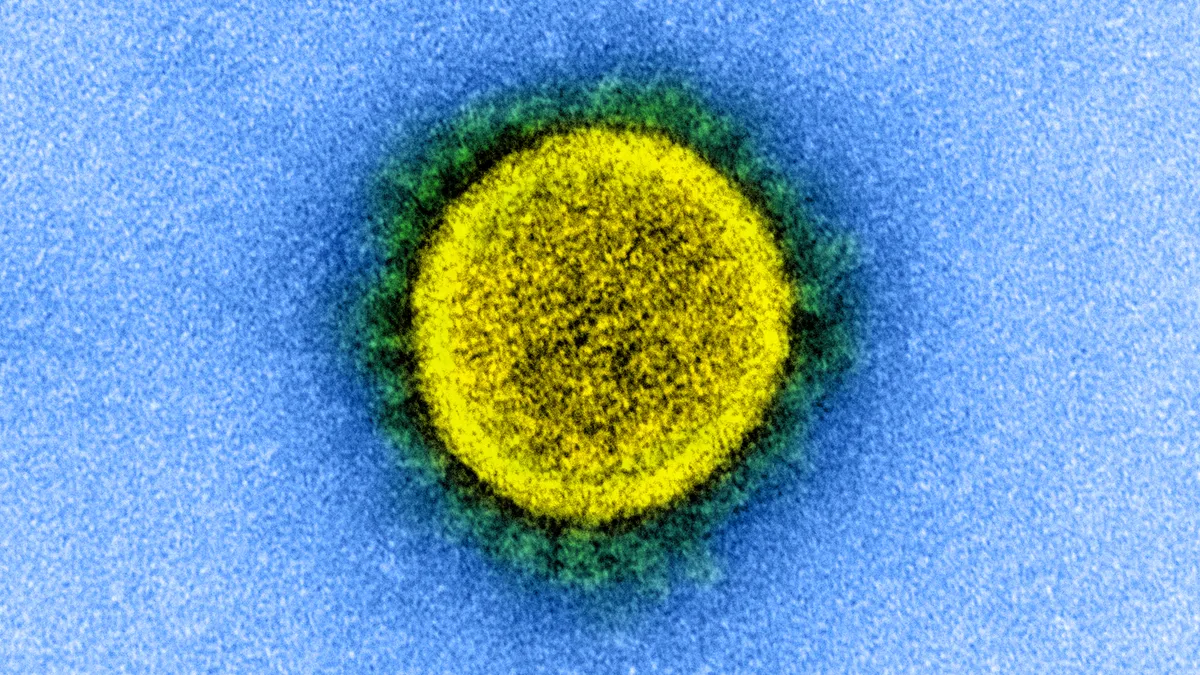Dive Brief:
-
A U.K.-based diagnostics industry coalition is pushing for antibody testing to play a bigger role in immunization campaigns after studying the immune responses of vaccine recipients.
-
The group, made up of Abingdon Health, CIGA Healthcare, BBI Solutions and Omega Diagnostics, is citing early research from the University of Birmingham that it says finds people previously infected with the coronavirus had a stronger reaction to the Pfizer-BioNTech vaccine, as measured by the AbC-19 rapid antibody test. UK-RTC, the consortium behind the test, used the data to argue for pre and post-vaccination testing.
- Quest Diagnostics recently introduced a semi-quantitative serology test to measure antibody levels in previously infected and vaccinated individuals. However, CDC is yet to recommend antibody testing to assess the effects of or need for COVID-19 vaccines.
Dive Insight:
The start of mass-vaccination campaigns has increased interest in tests that detect antibodies against the coronavirus. Companies including LabCorp have discussed a potential need for serology tests that show vaccinated people that they still have protective levels of antibodies. There is also a potential role for antibody tests prior to vaccination.
Evidence that people previously infected with COVID-19 have some immunity led the French health authority to recommend a one-dose vaccine regimen in the population. France is relying on previous positive PCR or antigen tests as evidence of immunity but serology kits could confirm the presence of antibodies against the coronavirus.
UK-RTC, a diagnostic consortium involving Abingdon Health, CIGA Healthcare, BBI Solutions and Omega Diagnostics, wants to position its AbC-19 antibody test in pre and post-vaccination immune assessments. On Wednesday, the consortium in a press release cited a University of Birmingham study to support its case.
The study tested 193 recipients of Pfizer and BioNTech's Comirnaty vaccine for antibodies against the coronavirus. Around one-third of the participants had previously been infected with COVID-19. In the coronavirus-naive population, 43.3% of people had a moderate to strong positive result for COVID-19 antibodies 13 days after receiving the vaccine. Seventy-five percent of previously infected people had a moderate to strong positive result. Almost all subjects had at least a weak positive result.
If the findings are validated in other studies, including those using different vaccines, UK-RTC said there will be a case for using the test in "patient stratification and resource management in overburdened international healthcare settings."
Other companies are also stepping up their serology testing strategies. Quest is now providing a semi-quantitative serology testing service to show if an individual has mounted an immune response, either from an infection or a vaccine. The test provides a numerical result to help assess relative changes in blood antibody levels.
Quest is providing the services to support CDC's public health monitoring program. However, while CDC sees a role for the service in that context, it is not currently recommending antibody testing to "assess for immunity to COVID-19 following mRNA COVID-19 vaccination or to assess the need for vaccination in an unvaccinated person."












